Nassim Taleb
Focus On The Consequences And Not On The Probability
An investigation of opacity, luck, uncertainty, probability, human error, risk, and decision making when we don’t understand the world.
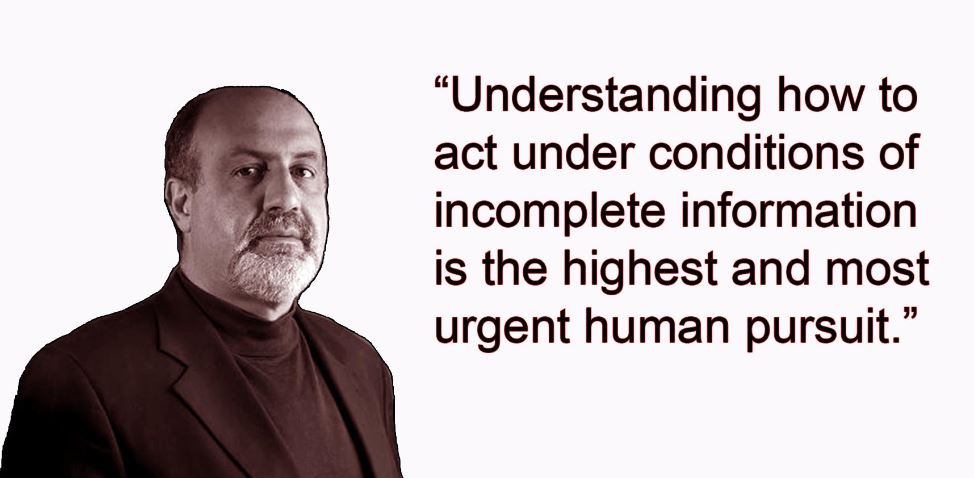
Nassim Taleb - Overview
Nassim Taleb is the author of the INCERTO a philosophical and practical essay on uncertainty that comprises 5 books: "Skin In the Game", "Antifragile", "The Black Swan", "Fooled by Randomness", and "The Bed of Procrustes".
Our world is full of chance and the unknown and the broader canvas of Taleb's work is all about alerting us to the level of uncertainty and unpredictability of life whilst offering us practical ideas and strategies to enable us to survive and even prosper in these conditions.
He teaches us how to avoid crossing the street blindfolded as he urges us to follow the main rule of living with uncertainty:
- To learn to perceive it as it really is - and not to delude ourselves into seeing it in the manner that makes us feel most comfortable.
- To make decisions that focus on the consequences - which you can know - and not on the probability of an event - which you cannot know.
Nassim Taleb - Praise and Criticism
The intellectual establishment, which includes the influential news media, rewarded him by declaring him one of the most important thinkers in the world.
"The new sage. The trader turned author has emerged as the guru of the global Financial meltdown. Not only is he riding high in the bestseller lists, his theory of black swan events has become the most seductive guide to our uncertain times."
The Observer
"A giant of Mediterranean thought. Now the hottest thinker in the world"
London Times
"Taleb not only had an explanation for [the crisis], he saw it coming"
The New York Times
"Now hailed as a seer"
The Economist
Taleb is rude and arrogant in his criticisms of those who disagree with him and he indulges in loud and abrasive slanging matches with his opponents on twitter.
He has been described as an intellectual asset gone rogue:
"...over the years it has become evident that he wishes to take down the entire intellectual world, or at least that part which he does not agree with or which has slighted him in some way.
He
has said repeatedly that professionals like economists, historians and
psychologists are frauds. And columnists too. Taleb finds the word
“scientist" in “social scientist" hilarious.
Only Sam Harris, a neuroscientist and a popular author and podcaster,
whom Taleb once called an “imposter", has demonstrated the ability to
match Taleb’s venom:
“This guy is just insufferable. I’ve actually never witnessed a marriage of incompetence and confidence so fully and grotesquely consummated in the mind of a person with a public platform."
When commenting on this in a public address to Google employees Nasim Taleb said that that this is his way of putting his skin in the game and that if those he insults don't like it they can sue him.
Nassim Taleb - Themes of His 4 Main Books
Fooled By Randomness
Nassim Taleb:
- “Our minds are not quite designed to understand how the world works, but, rather, to get out of trouble rapidly and have progeny. If they were made for us to understand things, then we would have a machine in it that would run the past history as in a VCR, with a correct chronology, and it would slow us down so much that we would have trouble operating.”
- “A mistake is not something to be determined after the fact, but in the light of the information until that point."
- "Nobody accepts randomness in their successes, only their failures.”
- “The public person most visibly endowed with such a trait is George Soros. One of his strengths is that he revises his opinion rather rapidly, without the slightest embarrassment…"
- "What characterizes real speculators like Soros from the rest is that their activities are devoid of path dependence. They are totally free from their past actions. Every day is a clean slate.”
- “My lesson from Soros is to start every meeting at my boutique by convincing everyone that we are a bunch of idiots who know nothing and are mistake-prone, but happen to be endowed with the rare privilege of knowing it.”
The Black Swan
Nassim Taleb:
- “The strategy for the discoverers and entrepreneurs is to rely less on top-down planning and focus on maximum tinkering and recognizing opportunities when they present themselves. So I disagree with the followers of Marx and those of Adam Smith: the reason free markets work is because they allow people to be lucky, thanks to aggressive trial and error, not by giving rewards or “incentives” for skill. The strategy is, then, to tinker as much as possible and try to collect as many positive Black Swan opportunities as you can.”
- “In general, positive Black Swans take time to show their effect while negative ones happen very quickly— it is much easier and much faster to destroy than to build.”
- "As you give someone more info, the more they will refine and create predictions, and the more wrong they will end up being. They will interpret random noise as valuable data."
- “Sir Francis Bacon commented that the most important advances are the least predictable ones, those “lying out of the path of the imagination.”
- “Consider a turkey that is fed every day. Every single feeding will firm up the bird’s belief that it is the general rule of life to be fed every day by friendly members of the human race “looking out for its best interests,” as a politician would say. On the afternoon of the Wednesday before Thanksgiving, something unexpected will happen to the turkey. It will incur a revision of belief.”
Antifragile
Nassim Taleb:
- “Some things benefit from shocks; they thrive and grow when exposed to volatility, randomness, disorder, and stressors and love adventure, risk, and uncertainty. Yet, in spite of the ubiquity of the phenomenon, there is no word for the exact opposite of fragile. Let us call it antifragile. Antifragility is beyond resilience or robustness. The resilient resists shocks and stays the same; the antifragile gets better.”
- “Ancestral life had no homework, no boss, no civil servants, no academic grades, no conversation with the dean, no consultant with an MBA, no table of procedure, no application form, no trip to New Jersey, no grammatical stickler, no conversation with someone boring you: all life was random stimuli and nothing, good or bad, ever felt like work. Dangerous, yes, but boring, never.”
- “This is the central illusion in life: that randomness is risky, that it is a bad thing— and that eliminating randomness is done by eliminating randomness.”
Nassim Taleb:
- Rent-seeking is trying to use protective regulations or “rights” to derive income without adding anything to economic activity, not increasing the wealth of others.
- By definition, what works cannot be irrational; about every single person I know who has chronically failed in business shares that mental block, the failure to realize that if something stupid works (and makes money), it cannot be stupid.
- Replacing the “natural,” that is age-old, processes that have survived trillions of high-dimensional stressors with something in a “peer-reviewed” journal that may not survive replication or statistical scrutiny is neither science nor good practice.
- Products or companies that bear the owner’s name convey very valuable messages. They are shouting that they have something to lose.
- It may not be ethically required, but the most effective, shame-free policy is maximal transparency, even transparency of intentions.
- Studying individual ants will almost never give us a clear indication of how the ant colony operates. For that, one needs to understand an ant colony as an ant colony, no less, no more, not a collection of ants.
- It suffices for an intransigent minority—a certain type of intransigent minority—with significant skin in the game (or, better, soul in the game) to reach a minutely small level, say 3 or 4 percent of the total population, for the entire population to have to submit to their preferences.
- You can define a free person precisely as someone whose fate is not centrally or directly dependent on peer assessment.
- If your private life conflicts with your intellectual opinion, it cancels your intellectual ideas, not your private life.
The
primary purpose of this site is to show you how to cope in tough times, and to
provide you with the tools to do this successfully. The
way we do this is by adopting a balanced approach and providing the
"toolkit" of information and resources to enable you to do this. I
call this approach the "The Balanced Toolkit". In
my view, Nassim Taleb’s books have, for the non-statistically trained lay person
such as myself, introduced a whole new dimension to understanding life and
added more tools to be included in our toolkit. My
single biggest takeaway is that I need to learn more about statistics and basic
mathematics! The
following is a cross-section of key points that have had impact on me. The
selection of these points is entirely subjective and I do recommend that you
read and familiarise yourself with the work of Nassim Taleb and make your own
list. Key
Points To Take Away
General
Observations Further Reading: Return from "Nassim Taleb" to: Inspirational PeopleNassim Taleb - Conclusions
- What if everything we think…
LATEST ARTICLES
The Power Of Patience - Why You Need The World's Toughest Quality
 Nothing in the world can take the place of patience. Patience and persistence are omnipotent. In everyday life, patience is often overshadowed by the desire for immediate results. We live in an era of…
Nothing in the world can take the place of patience. Patience and persistence are omnipotent. In everyday life, patience is often overshadowed by the desire for immediate results. We live in an era of…Demonizing The Other and Personal Acts Of Compassion
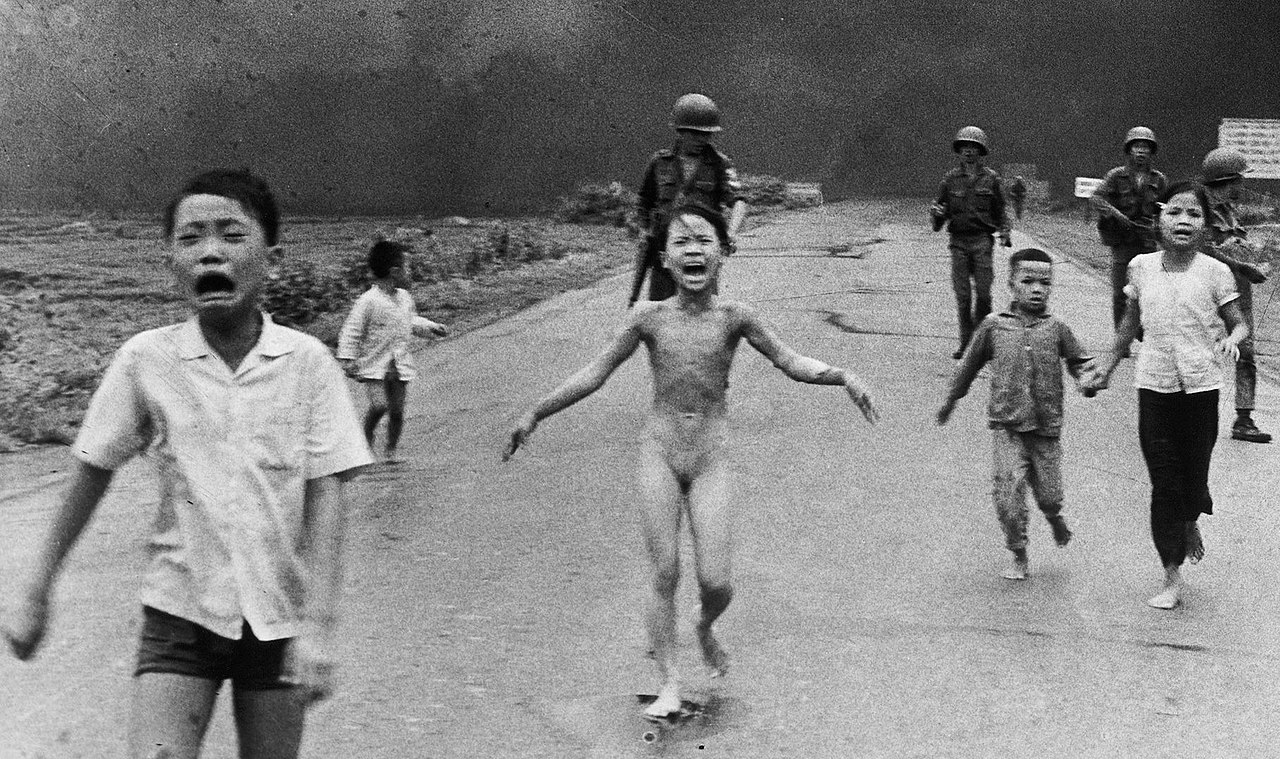 What Does Demonizing The Other Mean? Demonizing the other refers to the act of portraying a group of people or an individual as inherently evil, threatening, or inferior. It often serves to justify di…
What Does Demonizing The Other Mean? Demonizing the other refers to the act of portraying a group of people or an individual as inherently evil, threatening, or inferior. It often serves to justify di…Why You Should Embrace Anomalies - The Incredible Value Of Disconfirming Evidence
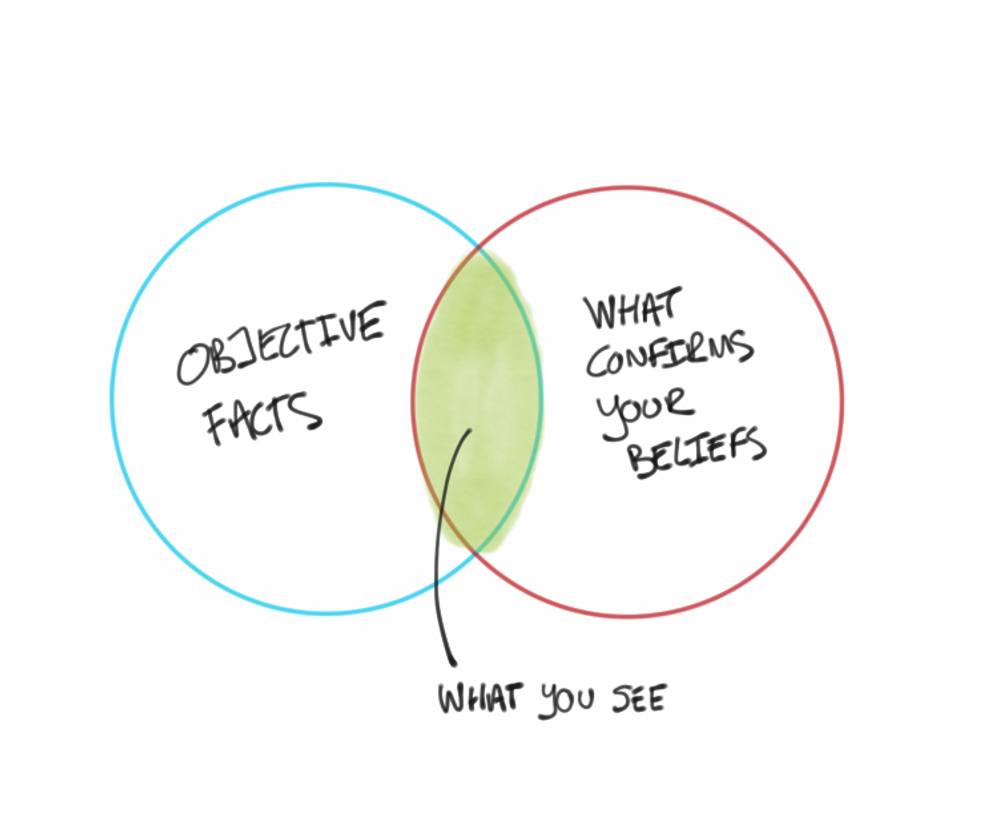 Is Your Desire To Be Right Greater Than Your Desire To Have Been Right? An anomaly is a deviation from what is expected or commonly regarded as the norm. It often appears as an unexpected observation…
Is Your Desire To Be Right Greater Than Your Desire To Have Been Right? An anomaly is a deviation from what is expected or commonly regarded as the norm. It often appears as an unexpected observation…Amazing Grace - The Majesty And The Mercy of Freedom From Your Pain
 "I once was lost, but now I am found, was blind, but now I see." The hymn and popular song "Amazing Grace" was written 250 years ago by John Newton, a former slave trader who in 1748 nearly died in a…
"I once was lost, but now I am found, was blind, but now I see." The hymn and popular song "Amazing Grace" was written 250 years ago by John Newton, a former slave trader who in 1748 nearly died in a…The Transformative Power Of Acceptance
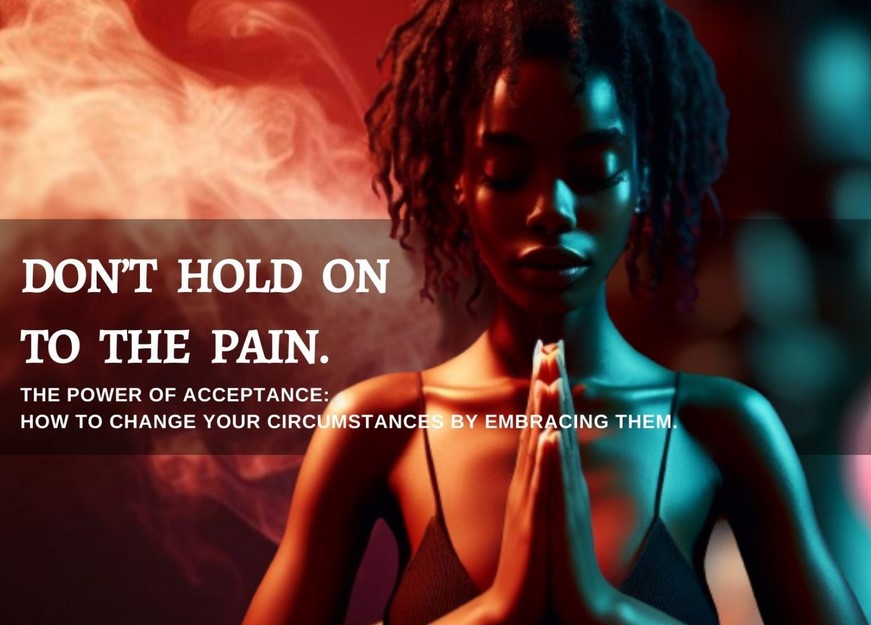 Experience The Power Of Acceptance. This website contains about 500,000 words. You could read every single word and it wouldn't make any real difference to you. You might become better informed, but t…
Experience The Power Of Acceptance. This website contains about 500,000 words. You could read every single word and it wouldn't make any real difference to you. You might become better informed, but t…Inversion - The Power Of Opposite Thinking
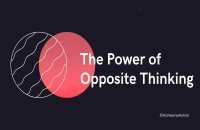 How To Avoid The Unwanted Outcome. The power of opposite thinking, also known as inversion, lies in its ability to stimulate creativity, enhance problem-solving, and provide a fresh perspective on cha…
How To Avoid The Unwanted Outcome. The power of opposite thinking, also known as inversion, lies in its ability to stimulate creativity, enhance problem-solving, and provide a fresh perspective on cha…Are You Aligned With Reality? Or Do You See What You Believe?
 We tend to see that which aligns with what we believe, and to act upon that rather than acting on reality. Being aligned with reality starts with a clear and accurate understanding of the world. It me…
We tend to see that which aligns with what we believe, and to act upon that rather than acting on reality. Being aligned with reality starts with a clear and accurate understanding of the world. It me…The Law Of Response and Outcome
 A New Approach To A New Life At time of writing we are entering a new year which is traditionally a time of making resolutions to change our behaviour and improve the quality of our lives. And yet pow…
A New Approach To A New Life At time of writing we are entering a new year which is traditionally a time of making resolutions to change our behaviour and improve the quality of our lives. And yet pow…Clear Thinking - Turning Ordinary Moments Into Extraordinary Results
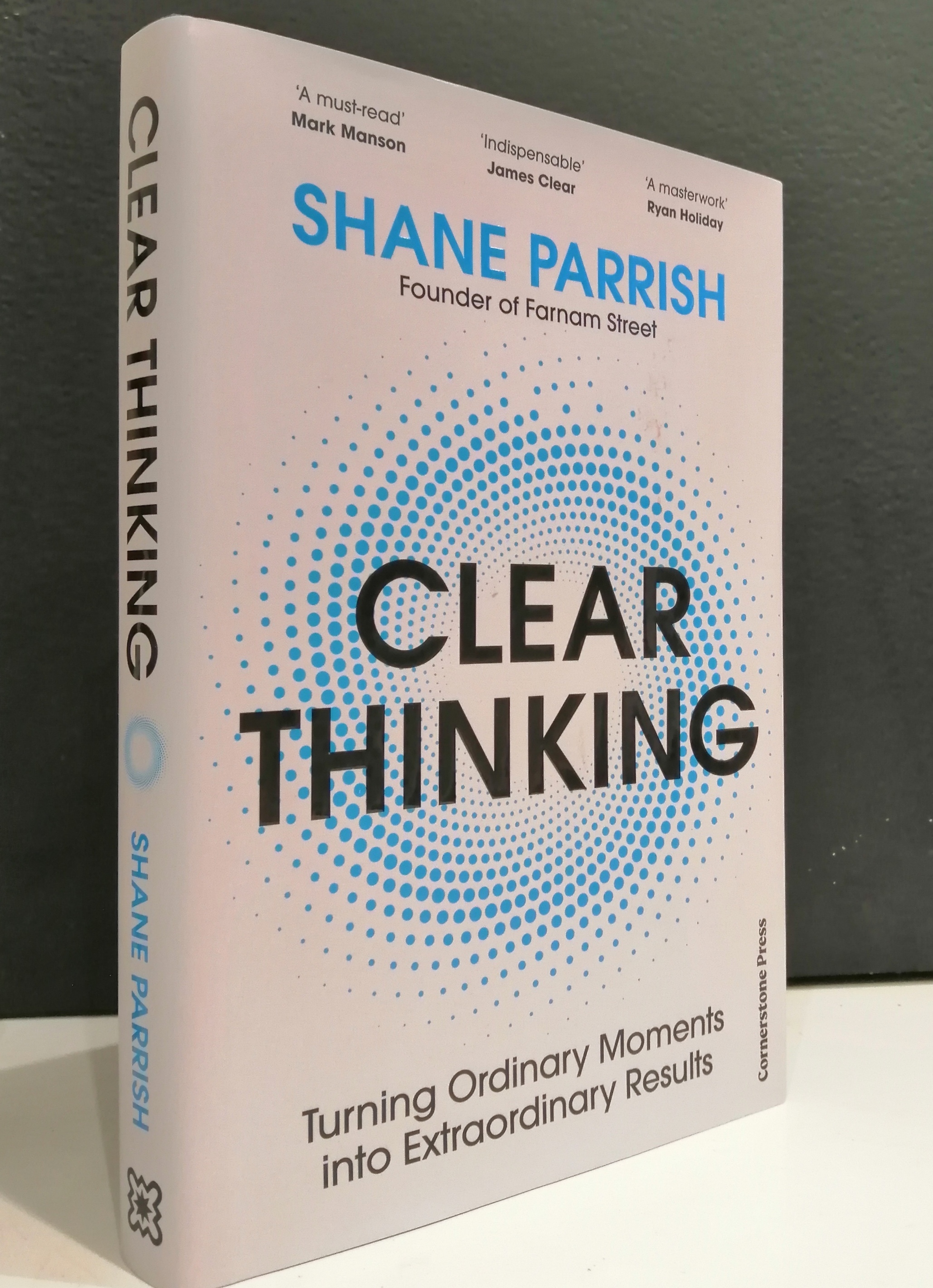 There are two ways to handle the world - try to predict, or try to prepare. "Clear Thinking" by Shane Parrish, published in Oct 2023, is a laudable testament to the art of cogent thinking, and will be…
There are two ways to handle the world - try to predict, or try to prepare. "Clear Thinking" by Shane Parrish, published in Oct 2023, is a laudable testament to the art of cogent thinking, and will be…Self Dialogue - Working With Your Many Selves
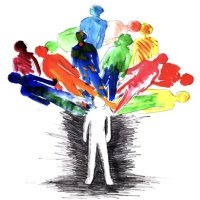 Self Dialogue Is About Working With ALL Levels Of Your Mind. The key to effective self dialogue is to have tools, techniques and resources that work with all levels of your mind. This simple self-faci…
Self Dialogue Is About Working With ALL Levels Of Your Mind. The key to effective self dialogue is to have tools, techniques and resources that work with all levels of your mind. This simple self-faci…The Balanced Brain - The Ultimate Route To Personal Transformation
 How To Experience The Benefits Of A Balanced Brain. Underpinning all of the belief systems and practices that offer routes to personal change, transformation and spiritual growth is the balanced brain…
How To Experience The Benefits Of A Balanced Brain. Underpinning all of the belief systems and practices that offer routes to personal change, transformation and spiritual growth is the balanced brain…How To Make Better Decisions - By Avoiding The Narrative Trap
 To Understand The Truth We Have To See The Whole Picture. One of the best ways to make better decisions is to have a deeper understanding of the many things that might stop that happening. To understa…
To Understand The Truth We Have To See The Whole Picture. One of the best ways to make better decisions is to have a deeper understanding of the many things that might stop that happening. To understa…The Greatest Love - The Most Important Relationship You Will Ever Have
 Yet Most Will Never Know It Everyone of us has a place, in our hearts there's a space, that is home to the greatest love of all. This love transcends everything we think we know about the world of for…
Yet Most Will Never Know It Everyone of us has a place, in our hearts there's a space, that is home to the greatest love of all. This love transcends everything we think we know about the world of for…Everything Is Connected And Why You Don't Feel It
 ...And Why It Matters
As human beings we are skating on very thin ice with our sense of self and certainty about "how things are" and what we like to think of as reality:
...And Why It Matters
As human beings we are skating on very thin ice with our sense of self and certainty about "how things are" and what we like to think of as reality:
Who Is In Charge Of Your Brain?
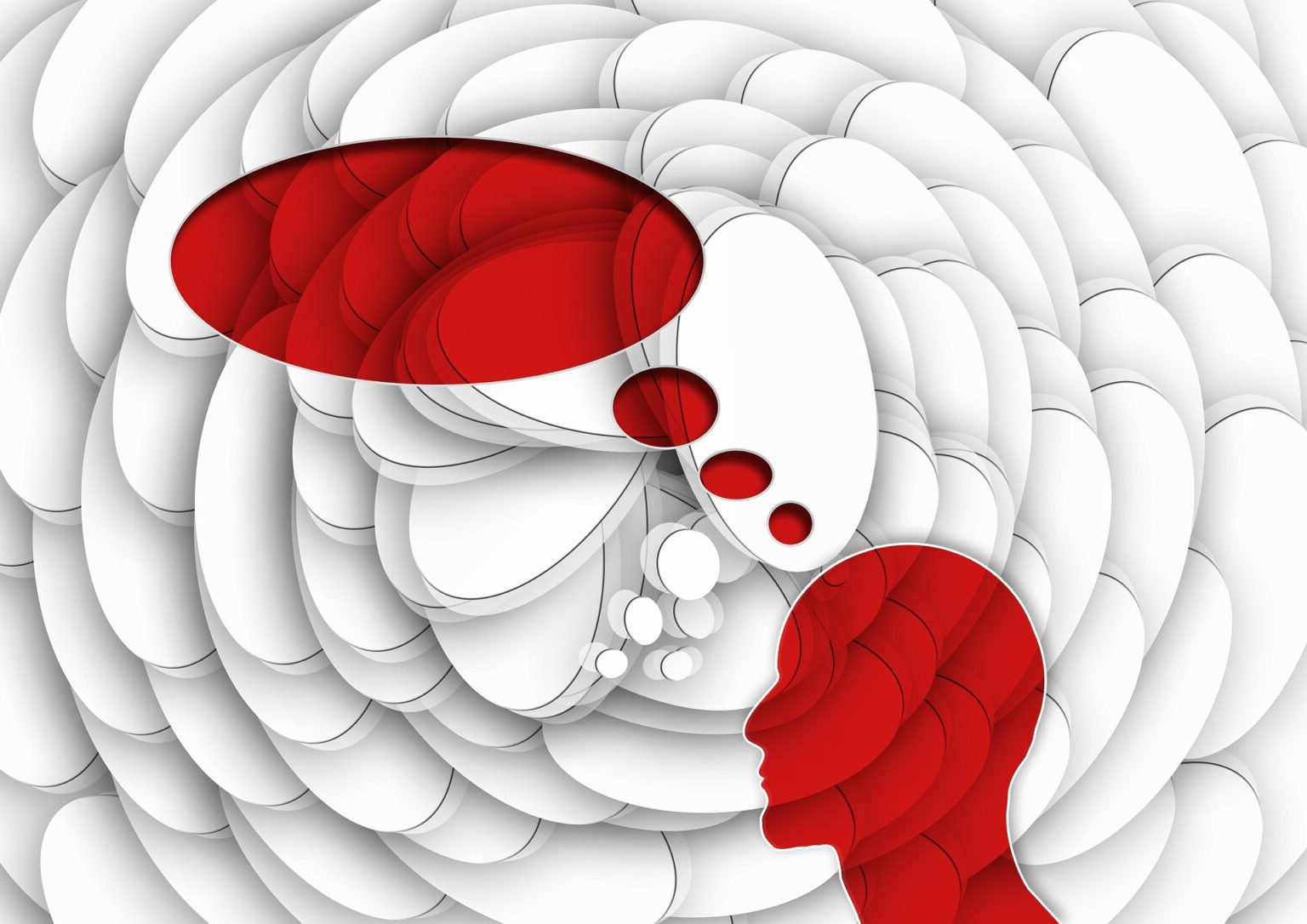 How Not To Be Stupid. Who is in charge of your brain? This is not a silly questions. It matters because the outcomes that you experience in your life are determined by how you respond to the events th…
How Not To Be Stupid. Who is in charge of your brain? This is not a silly questions. It matters because the outcomes that you experience in your life are determined by how you respond to the events th…How To Be A Winner On A Very Large Scale
 The Incredible Benefits Of Selective Attention. This is not a typical article about how to be a winner. We are not going to talk about goal setting, the importance of habits, the power of focus and al…
The Incredible Benefits Of Selective Attention. This is not a typical article about how to be a winner. We are not going to talk about goal setting, the importance of habits, the power of focus and al…The Metagame Approach To Life
 How To Achieve Your Biggest Objectives.
The metagame approach to life is all about winning and achieving your biggest objectives by:
- Understanding the bigger picture
How To Achieve Your Biggest Objectives.
The metagame approach to life is all about winning and achieving your biggest objectives by:
- Understanding the bigger picture
- Being better by doing things d…Shantideva - The Way Of The Bodhisattva
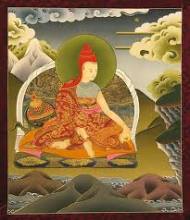 Walking The Path Of Compassion. Shantideva the 8th century Indian Buddhist sage is famous for his treatise "The Way of the Bodhisattva" delivered as an extended teaching to the monks of Nalanda monast…
Walking The Path Of Compassion. Shantideva the 8th century Indian Buddhist sage is famous for his treatise "The Way of the Bodhisattva" delivered as an extended teaching to the monks of Nalanda monast…Reframing History - Deconstruction And Discussion Not Destruction
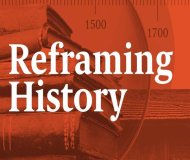 History is always about context, not imposing our own moral values on the past. For those of us fortunate enough to live within western democracies, we are living in an age where a vociferous and into…
History is always about context, not imposing our own moral values on the past. For those of us fortunate enough to live within western democracies, we are living in an age where a vociferous and into…Tao Te Ching - Connecting To Your True Source Of Power.
 How To Be Lived By The Tao. The Tao Te Ching is one of those books that many people read, few understand, and even fewer put into practice. The only way to know the Tao is to experience it, and it is…
How To Be Lived By The Tao. The Tao Te Ching is one of those books that many people read, few understand, and even fewer put into practice. The only way to know the Tao is to experience it, and it is…How Things Really Are - The Inbuilt Design Flaws
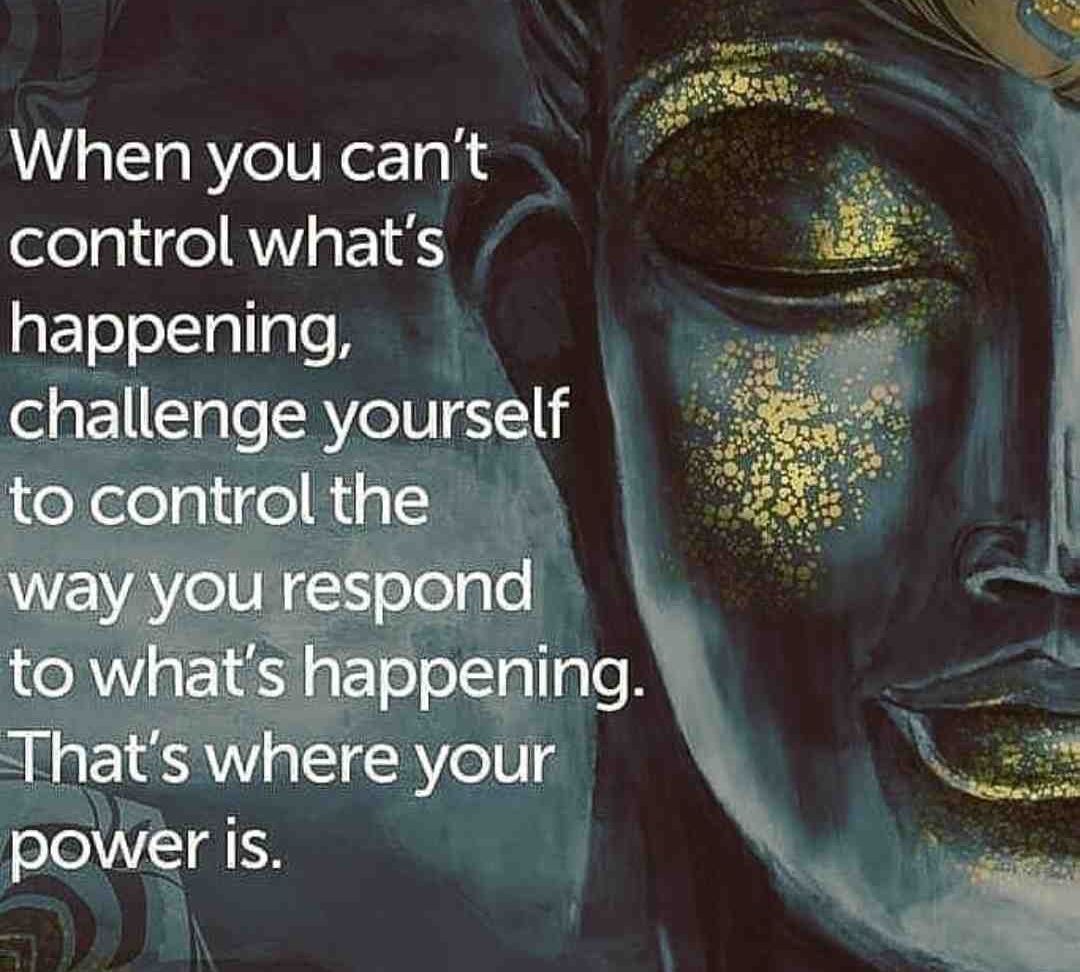 Chaos, Disorder And Decay Is The Natural Order Of Things. Nobody has the perfect life. We all struggle and strive to attain health, wealth and personal happiness. Yet these three big areas: our health…
Chaos, Disorder And Decay Is The Natural Order Of Things. Nobody has the perfect life. We all struggle and strive to attain health, wealth and personal happiness. Yet these three big areas: our health…Intuition Or Anxiety - Are There Angels Or Devils Crawling Here?
 How To Tell The Difference Between Intuition and Anxiety. How do you know whether the voice of your intuition is real or just the product of your inner anxiety? Several months ago I was having a drink…
How To Tell The Difference Between Intuition and Anxiety. How do you know whether the voice of your intuition is real or just the product of your inner anxiety? Several months ago I was having a drink…What Is Truth - How To Tell A Partial Truth From The Whole Truth?
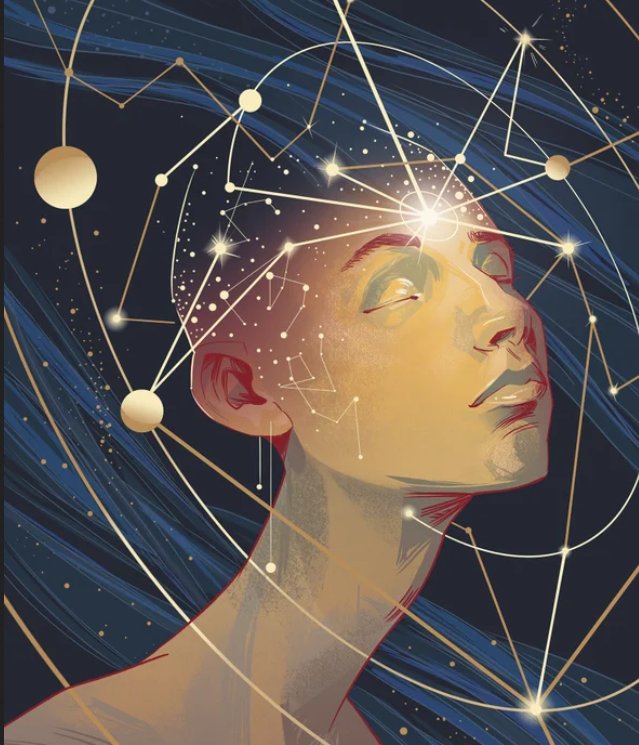 How the truth and nothing but the truth is often not the whole truth. My great aunty Flo broke her arm and died. It is true that she broke her arm in 1923. It is also true that she died in 1949. But t…
How the truth and nothing but the truth is often not the whole truth. My great aunty Flo broke her arm and died. It is true that she broke her arm in 1923. It is also true that she died in 1949. But t…Duality And Life Beyond Your Thinking Mind
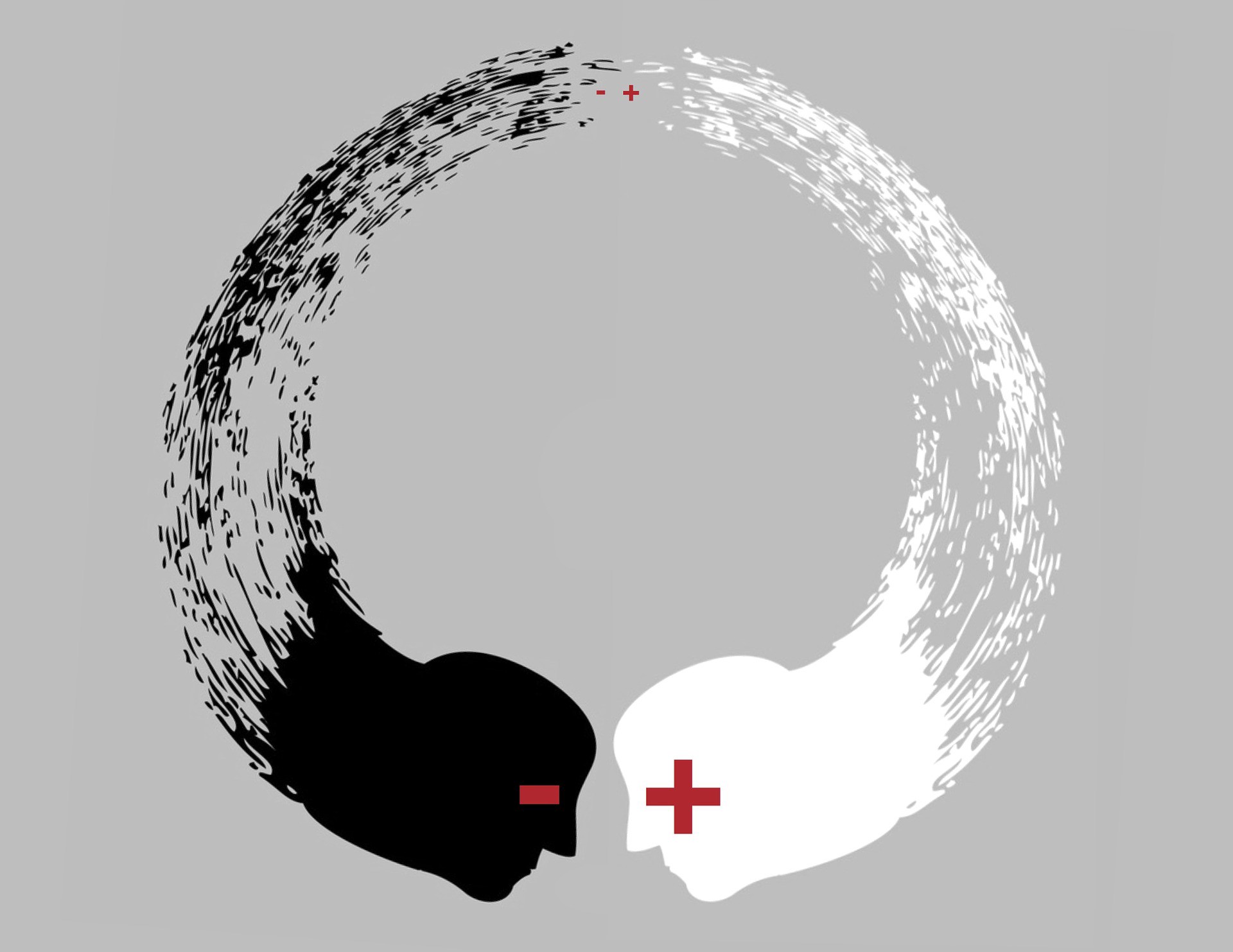 Duality and life beyond your thinking mind focuses on the limitations of time, foreground and background, duality and "stuckness". The first aspect of duality and life beyond your thinking mind focuse…
Duality and life beyond your thinking mind focuses on the limitations of time, foreground and background, duality and "stuckness". The first aspect of duality and life beyond your thinking mind focuse…The Conscious Mind Is Limited - Be Aware And Be Prepared
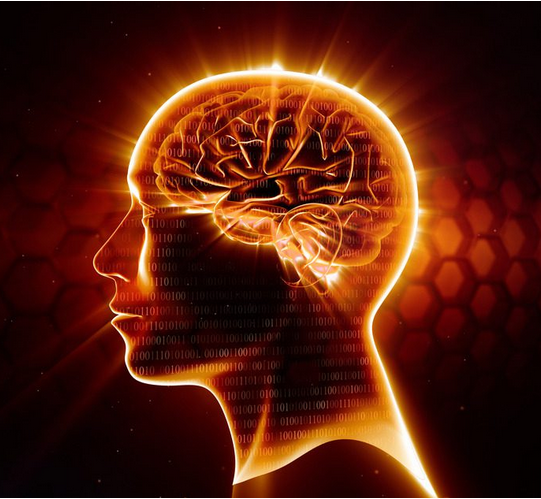 Being aware is the first stage of being prepared. The conscious mind is limited in so many ways. There are some who would argue that there is no such thing as conscious thought and that it is represen…
Being aware is the first stage of being prepared. The conscious mind is limited in so many ways. There are some who would argue that there is no such thing as conscious thought and that it is represen…Your Inner Map Of Reality - Here's Why You Think The Way You Do
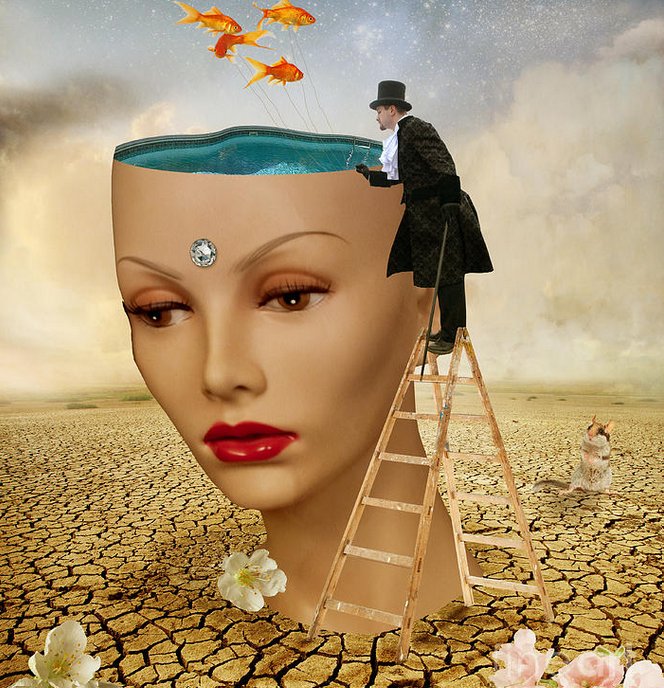 The big picture of how your inner map of reality creates your feelings, thoughts, and behaviours. Your inner map of reality is based on the filters of your own ethnic, national, social, family and rel…
The big picture of how your inner map of reality creates your feelings, thoughts, and behaviours. Your inner map of reality is based on the filters of your own ethnic, national, social, family and rel…The Failure Of Cancel Culture - Suppression Not Engagement
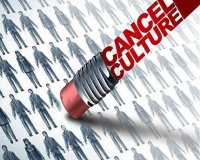 Why we need to wear our beliefs lightly and develop negative capability. Throughout history people have campaigned to fight beliefs, ideologies, and injustices that they perceived to be oppressive, di…
Why we need to wear our beliefs lightly and develop negative capability. Throughout history people have campaigned to fight beliefs, ideologies, and injustices that they perceived to be oppressive, di…4 Big Reasons Why We Get Stuck In Our Attempts At Personal Change
 Most People Spend Their Entire Life Imprisoned Within The Confines Of Their Own Thoughts. This first of the 4 big reasons why we get stuck is, in my view, the most important. The "self-help industry…
Most People Spend Their Entire Life Imprisoned Within The Confines Of Their Own Thoughts. This first of the 4 big reasons why we get stuck is, in my view, the most important. The "self-help industry…How Do I Change And Why Is It So Hard?
 We Would Rather Die Than Change, And We Usually Do In my experience, the vast majority of people who say they want to change don’t change. Most people reading this won’t change because they don’t real…
We Would Rather Die Than Change, And We Usually Do In my experience, the vast majority of people who say they want to change don’t change. Most people reading this won’t change because they don’t real…The Illusion Of A Separate Self - Windows 11 With Self Awareness!
 Beyond the content of your mind you are so much more than you think you are. When we talk of "myself" this is the conventional way of referring to our self image which is in fact the ego's constructio…
Beyond the content of your mind you are so much more than you think you are. When we talk of "myself" this is the conventional way of referring to our self image which is in fact the ego's constructio…